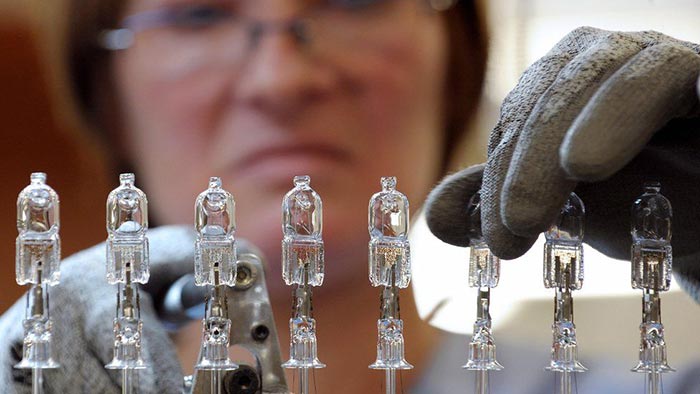Are Halogen Bulbs Safe? This Guide Will Help You Understand
Safety is a number one priority for many of us, particularly where our families are concerned. The most terrifying home hazards are fire or electricity related.
Take halogen bulbs, for instance. How safe are they? You know how hot they get, compared to the much cooler LED bulbs.
Are they safe? What can you do to keep your family safe?
Potential Hazards of Using Halogen Light Bulbs:
1. Burns
Halogen bulbs burn very brightly, much more than the traditional incandescent bulbs. Halogen bulbs have a smaller surface envelope than incandescent light bulbs and as a result have a tendency to concentrate their heat when you leave them on for extended period.
When a halogen bulb has been on for a long time, don’t touch it, for it will certainly cause a nasty burn. Most importantly, keep it out of reach of small children. The burn it cause on your skin might even be serious enough to need medical treatment. learn more about "Can You Touch Halogen Bulbs?"
2. Fire
Due to their extremely high temperatures, halogen bulbs can cause a fire. They burn hotter than incandescent and LED light bulbs.
This would require for the bulb to touch the wrong surface for too long. An example is when a lamp falls of the table with the light still turned on. Unfortunately, the lamp has fallen on your bed’s covers or near the drapes, or on the rug, or on some old newspapers.
The heat of the bulb causes the drapes or the papers or the rug to catch fire. This is not a hypothetical case, and can be quite dangerous. For instance, small children can throw a blanket or another flammable object on top of the lamp and go on with their games oblivious.
The object doesn’t ignite instantly, but rather over time as the bulb makes it get warmer and then progressively hotter.
3. Sun Burn
That’s right, sun burn. Due to its high temperatures, sitting under a halogen lamp for too long a duration can cause sun burns.
You see, when turned on, a halogen bulb will emit UV rays, which is why direct exposure to the bulb can cause sun burn.
4. Glass Hazard
This is not necessarily a halogen bulb problem, but rather a light bulb problem. When a bulb breaks, pieces of glass it scatters pose a hazard to anyone who steps or sits on them – worse, if they fall in a plate or cup containing food and drink.
Therefore, if a glass breaks, ensure sweep and clean the area thoroughly, and not in a hurry.
Halogen bulbs are sensitive to our skin oils. If you touch them, they may burst or malfunction. When you touch the bulb with your hare hands, you leave oil on the surface, which heats up when the bulb is turned on. The oil can consequently cause an imbalance or the bulb’s rupture.
Halogen Bulb Caused a Fire
A boy of six years old died in a house fire. The cause of death was reported as fire-related burns and carbon monoxide toxicity. The boy was rescued from the burning house.
It was surmised that the blaze was started when the immense heat of a halogen bulb set a lamp shade on fire.
Halogen bulbs operate at very high temperatures. In contrast, LED bulbs are much cooler and hence safer for use.
It is not surprising that the EU effected a ban on ban on halogen bulbs, encouraging people to go for the more efficient LED bulbs. However, the EU ban was on grounds of energy efficiency, rather than safety.
Safety Tips
Final Verdict
Halogen bulbs are a hazard, only if you don’t take the right precautions. However, given the EU ban and some of the hazards they make us prone to, it is safer to use LED light bulbs. Furthermore, LED light bulbs give you get the added advantage of greater efficiency and long-term cost-effectiveness.

